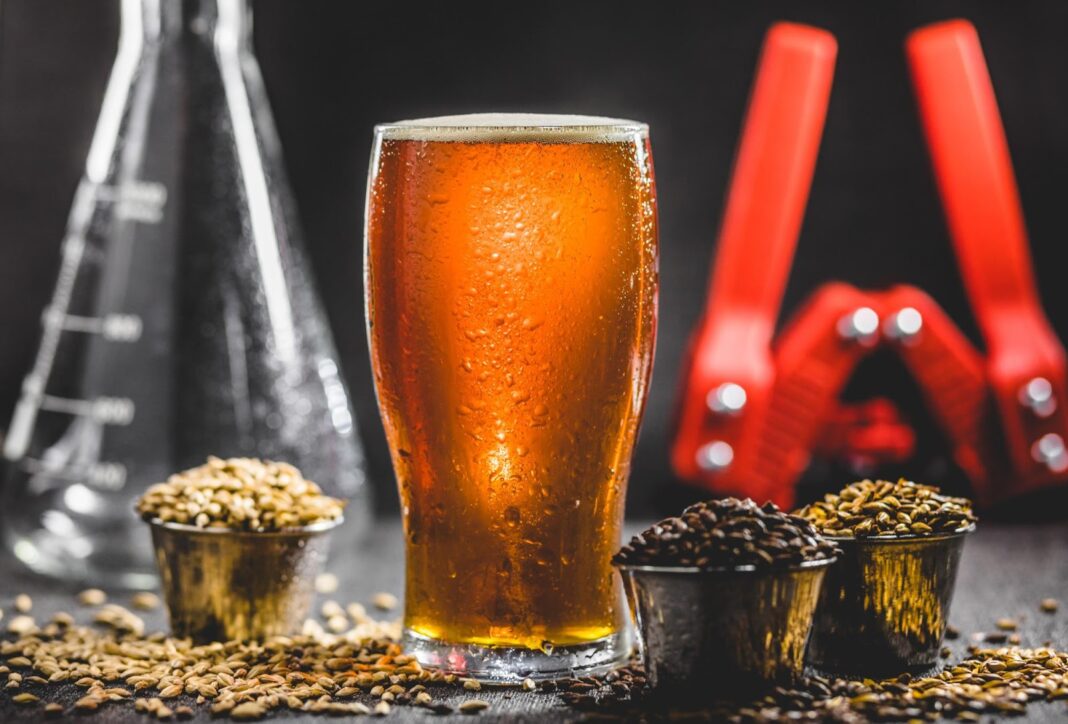When you love beer, you never cease to ponder about how much it influences your taste buds. The answer isn’t as straightforward as you may think.
But how much of your cravings for craft beer come down to brewing techniques and specifications? In this guide we’ll show you how craft brewing skills impact the taste of your beer.
Sounds complicated? Keep reading to learn what they are and how you can excel this brewing season. Let’s dive in!
1. Brewing Temperature
Brewing temperature is one of the most important craft brewing skills that impact the taste. If the brewing temperature is too low, the beer will be sweet and lack flavor. If the brewing temperature is too high, the beer will be bitter and have off flavors.
The optimal brewing temperature for most beers is between 60 and 70 degrees Fahrenheit, and this temperature range can produce some very subtle flavor differences.
For instance, ales brewed at the lower end of this range will tend to be more fruity and floral, while those brewed at the higher end will be more malty and toasty.
2. Contact Time
Contact time is the amount of time the beer is in contact with the yeast. This is the moment that the wort is in contact with the hops and other brewing ingredients. The longer the contact time, the more bitter the beer will be.
The hop bitterness is measured by the number of alpha acids present in the hops. Alpha acids are responsible for the beer tasting. It is important to the taste of beer because it balances out the sweetness of the malt.
Brewers must carefully control the contact time to create the desired taste in their beer.
3. Process of Aeration
One of the factors that affect the taste of making beer is aeration. This is the process of oxygenating the wort, or unfermented beer, before fermentation. This is done by bubbling air through the wort using an air stone or by shaking the fermenter.
Oxygen is necessary for the yeast to ferment the beer properly. If the wort is not aerated accurately, the beer will have off flavors.
4. Filtration Process
Filtration is the final craft brewing skill that impacts taste. This is the process of removing the yeast and suspended solids from the beer. If the beer is not filtered properly, it will be hazy and tasteless.
The type of filter that is used, the amount of time the beer is filtered, and even the temperature of the beer during filtration can all affect the taste.
5. Practice Makes Perfect
Craft brewing is an art and a science, and like any art or science, practice makes perfect. The more you brew, the better you’ll become at understanding the ingredients, the brewing process, and the flavor profiles of different types of craft beer.
As you gain experience, you’ll be able to experiment with several ingredients and brewing methods to create your own unique beers. Record-keeping will help you learn from your mistakes and replicate your successes.
Guide on How to Develop Your Craft Brewing Skills
People who want to improve their craft brewing skills should focus on learning about numerous brewing styles, understanding the brewing process, and perfecting their recipes.
With a little practice, you can brew great-tasting beer in no time! Did you find this article helpful? Check out the rest of our blog now!















